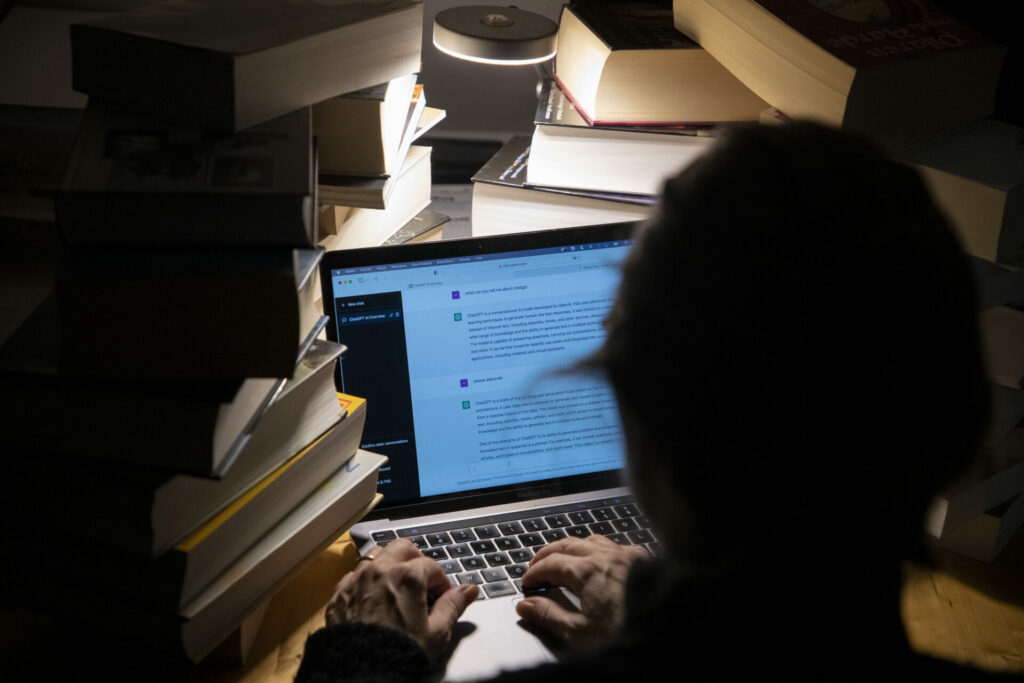US start-up OpenAI, owner of the ChatGPT conversational robot blocked since Friday in Italy for violating personal data laws, has pledged to “increase transparency” in its negotiations with the Italian regulator, the latter announced on Thursday.
“OpenAI is committed to strengthening transparency in the use of personal data (…) and safeguards for minors,” the Italian personal data protection authority said in a statement.
The start-up is also due to send by Thursday evening “a document indicating the measures responding to the requests of the Authority,” which “reserves the right to evaluate the measures proposed by the company” before deciding what to do about the blocking of ChatGPT in Italy.
Italy is the first Western country to block ChatGPT over concerns about data use, two months after banning another programme marketed as a “virtual friend,” the Replika app.
It accuses ChatGPT of not complying with EU regulations and not verifying the age of underage users.
The Italian regulator issued its statement the day after a video conference with several OpenAI officials, including CEO Sam Altman.
At the meeting, OpenAI “confirmed its willingness to collaborate with the Italian Authority to reach a positive solution to the issues raised,” according to the regulator.
For its part, the Authority “stressed that it has no intention of curbing the development of AI (artificial intelligence, editor’s note) and technological innovation” and reaffirmed “the importance of respecting the norms protecting the personal data of Italian and European users.”
Appearing in November, ChatGPT was quickly taken over by users impressed by its ability to clearly answer difficult questions, and write sonnets or computer codes. Funded by IT giant Microsoft, which has added it to several of its services, it is sometimes touted as a potential competitor to the Google search engine .
AI is also fuelling much deeper fears than just the exploitation of personal data. The European Union is preparing draft regulation that could be finalised by early 2024, for implementation a few years later.
Europol warned in late March that criminals were ready to take advantage of AI to commit fraud and other cybercrimes.
ChatGPT was also blocked shortly after its release in several schools or universities around the world after fears of cheating in exams, while companies have advised their employees against using the app.

